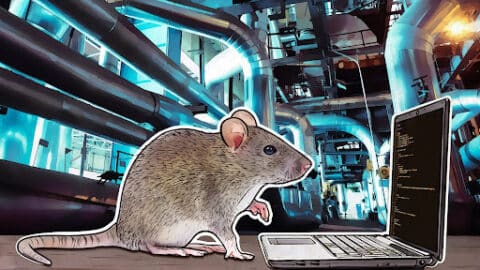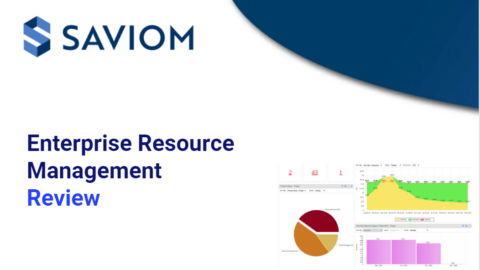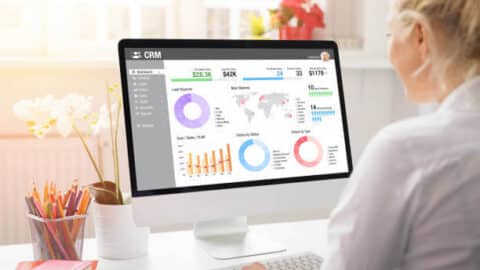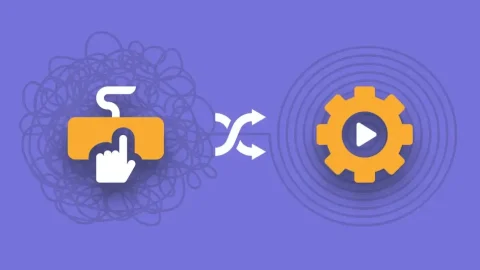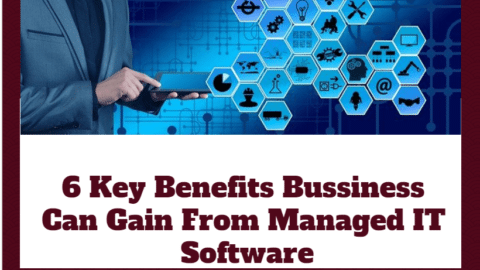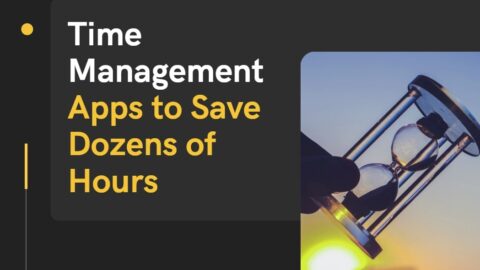6 Things To Know About Flexible ERP
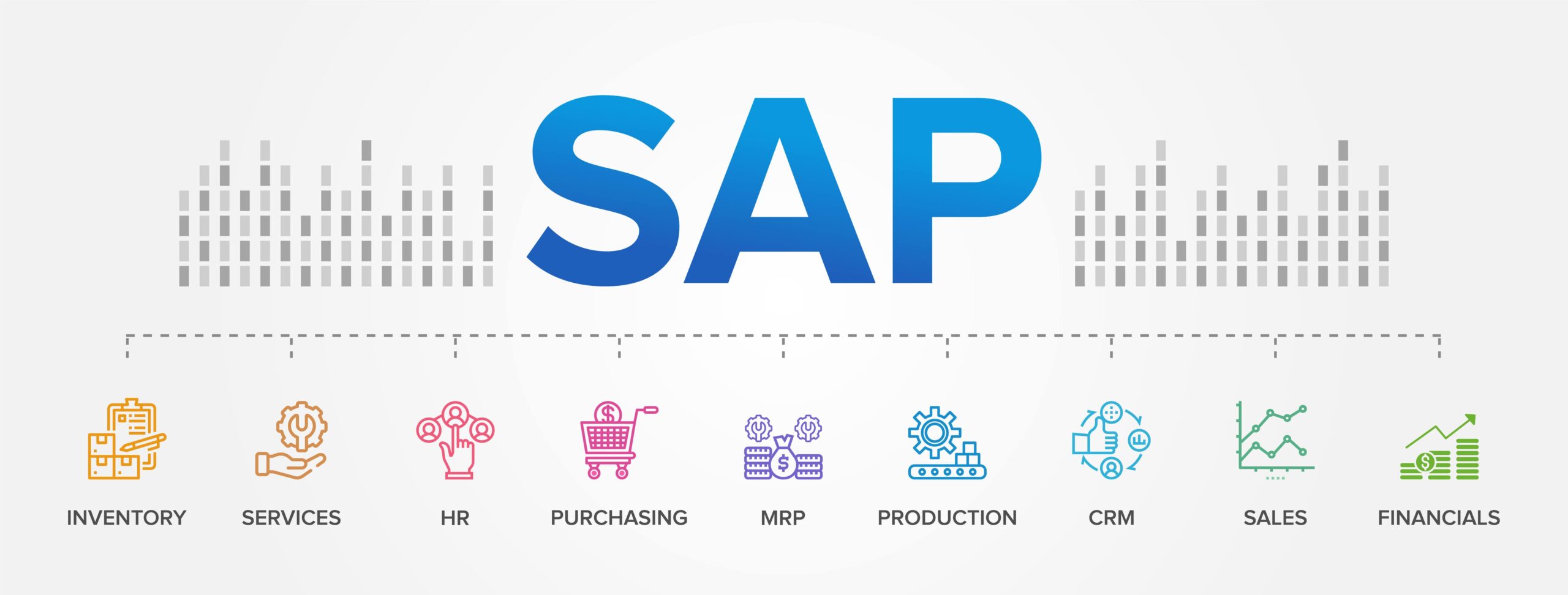
Table of Contents
An ERP management system is a company-wide work system used by businesses to consolidate the management of their various branches, divisions, and business operations. The modern type of ERP is called the flexible ERP system. Flexible management system is enabling a business to adapt, evolve, and grow expansively as the industry matures.
One of these adaptable ERPs is SAP. It’s an abbreviation for systems, applications, and programs. SAP is a well-known program that businesses utilize for their entire management system. If you feel your business needs a driving management system, let your business flourish and rise with SAP.
A company’s enterprise resource planning software needs to manage many corporate locations, different languages, currencies, and accounting standards inside a single system. Your organization’s management system will automatically integrate and function without any hitches if your ERP is flexible.
The flexibility in ERPs is essential for the development and maintenance of your brand or products, as well as for supporting complete management and control over all your company’s business activities.
What You Need To Know About Flexible ERP
The advancement in technology in business may look fantastic. Still, it pays to know some pros and cons before you take steps to adopt ERP software for your business. Also, it’s better to look into some of the challenges in its implementation to find ways of overcoming them.
The Advantages of Flexible ERP System
-
Respond to Continuing Change
Adaptable ERPs make producers and manufacturers respond to the advancement and diversity of their business. It also allows them to react to changes in regulatory requirements from government and non-governmental authorities. Entrepreneurs no longer worry about the changes their work systems have to adapt to whenever the need arises.
-
Support Overall Management Control
A company’s business processes can be seamlessly included in a flexible enterprise resource planning system. The procedure enables management to monitor production and work performance in one centralized unit, thereby exercising control over all of the organization’s departments.
It supports total management control, which at the moment may be simply done remotely. This capability was included for convenience.
-
Help in Coordinating and Planning
These businesses can easily provide real-time reporting since all of their business operations have been centralized, which is made possible by the flexible system architecture. This facilitates fast business analysis and decision-making.
Coordinating report sources inside and outside the firm has become more straightforward and readily available. It provides more precise business numbers, making business planning more practical.
-
Increase Flexibility of Operation
When an organization uses an adaptable ERP system, it can easily modify and broaden the scope of its business procedures across the whole enterprise. A flexible enterprise resource planning system reduces or eliminates the need for laborious manual processes and workarounds to address shifts in a firm’s operations.
It makes it easier to handle changes in business procedures. The managers or business owners are also given the flexibility of operation with this particular management system.
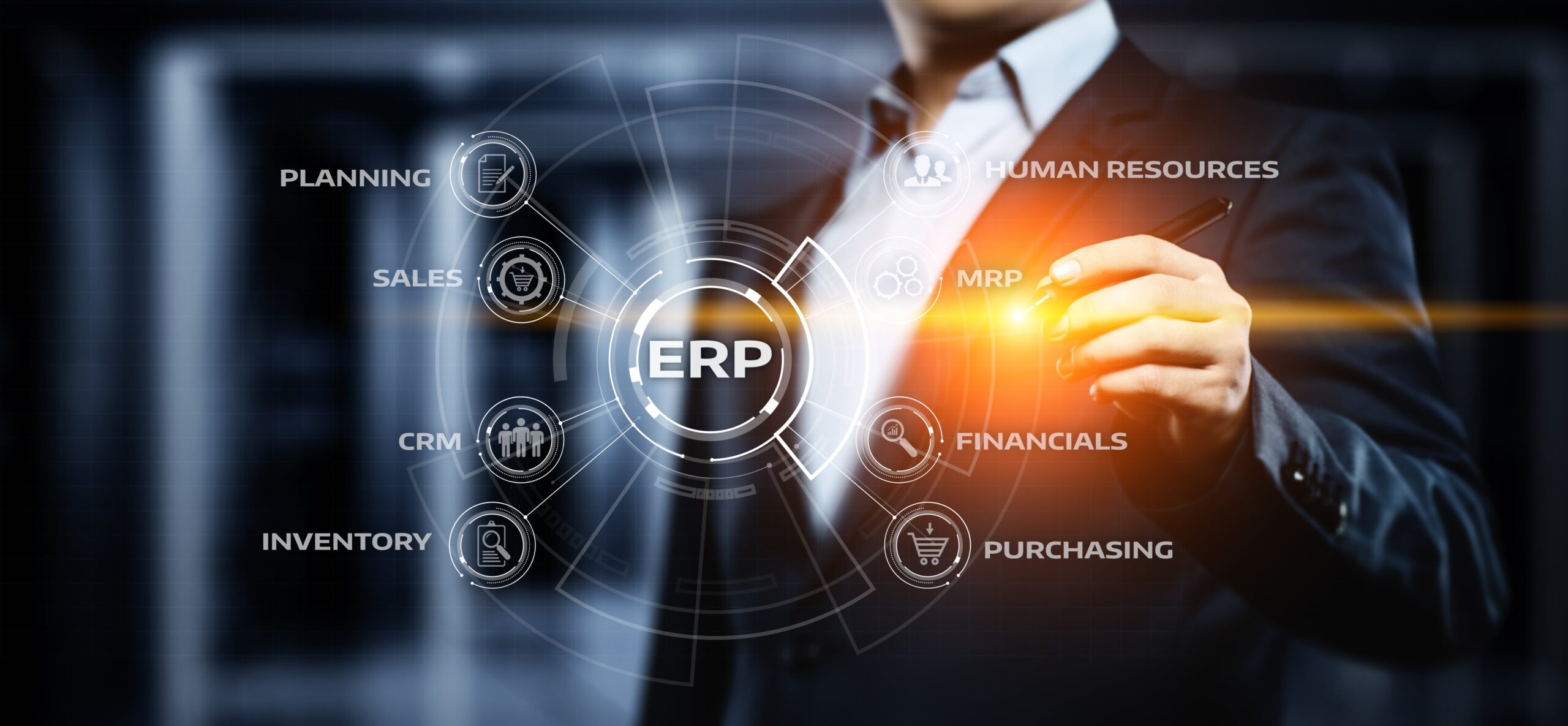
The Challenges of Flexible ERP System
Like any system installation and implementation, more flexible management systems like ERPs have some limitations.
-
The Cost of Flexible ERPs
Spending a large amount of money to bring your commercial systems up to date and automate your business’s operational processes will result in significant financial outlays.
A higher budget is required not only for system installation but also for system hardware. It includes computers and other necessary devices. All of these are needed for the setting up of your processing systems.
The budget also includes the cost of any additional equipment that may be required. Each device or component’s price depends primarily on its make, model, and capacity.
-
The Time Allowance
Usually, it’ll be quite some time before you actually get to put an ERP for resource planning into action if you’re only considering utilizing it for that purpose. It’s due to the lengthy implementation processes that come with the adoption of an ERP.
Installing the ERP system might take up to a year. Also, the staff training and user orientation for your personnel during and after installation will require a lot of waiting time.
This procedure can potentially cause your company to experience severe downtime and a loss of business for the time being. But make it a point to confirm that the expense and effort put into adopting an ERP will, in fact, result in long-term profits that more than justify your expenditure.
The following is a list of some of the primary distinguishing characteristics of a flexible ERP system:
Your company may start out with the functionalities it needs immediately and unlock more capabilities as its requirements evolve. All without having to go through the disruptive and expensive process of upgrading its ERP system. This not only decreases the risks associated with the deployment of your system. But it also lowers the system’s total cost of ownership (TCO).
A self-managed, easily expandable ERP system that automates business processes to make them accessible and simple to use for the entire organization is something that organizations need to have in order to grow their companies and remain competitive. These organizations also need the freedom to experiment with new technologies. Companies often are unsure of what their business model will be in the following two to three years. They need to be able to modify and adapt to new technologies and trends, and their ERP system and other aspects of their IT infrastructure need to make that possible.
To Sum It All Up
Installing a flexible ERP is an innovation to make business management and monitoring more effortless for you. It will bring in more revenue as processes to adopt advancement, competence, and accuracy.
But it’s also true that every business endeavor has related operational costs. Installing your ERP may be costly, but the benefits will outweigh these costs as business management will be better.
Expect more changes as technology advances, but for now, take time to explore the links provided. They may help you with more insights into your entrepreneurial endeavors.

Adhar Dhaval is experienced portfolio, program and project leader with demonstrated leadership in all phases of sales and service delivery of diverse technology solutions. He is a speaker sharing advice and industry perspective on emerging best practices in project leadership, program management, leadership and strategy. He is working for the Chair Leadership Co.

